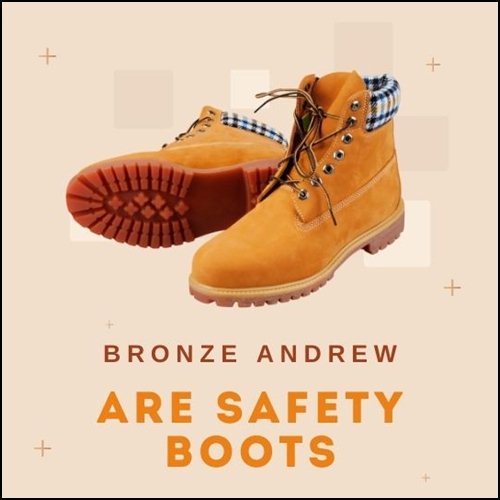Are Safety Boots Tax-Deductible
Whether it’s the worker or contractor protecting their feet or following the rules, or the business looking after their people and adhering to strict and complex internal and external standards and guidelines, we all know that safety boots are important. There are toes and metatarsal bones to protect from crush injuries, soles to insulate from electric shock, materials and reinforcements to repel cuts and caustic chemicals, and so much more. But all of these vital safety features come at a cost, and whether the individual, government or an organisation foots the bill can be difficult to navigate. Visit RS Components for more information.
Here’s what you need to know:
1. Tax relief for protective footwear
First, the good news: tax relief for the work clothing you need to wear is very often available. Specifically, there are measures not just for buying safety boots, but also for cleaning, repairing and replacing them, even though the up-front cost of that first pair is often in fact not tax-deductible.
2. Employer pays
But suppose the final line of #1 left you disappointed. In that case, there may be a relief – because if the employer demands or requires you to wear PPE (personal protective equipment) to perform the duties of the job, those workers will either be given the safety shoes for free or at least be reimbursed for the full cost.
3. Claim the full or partial amount
If the safety boots for your company’s workplace or tasks are tax-deductible, make sure you keep the receipts because in some cases the entire amount can actually be claimed. At other times, however, the allowable claim may be for a partial or fixed amount which depends on the industry, the specific job, and the finer details of that job.
4. What about the self-employed?
Tax treatment for the self-employed is quite a bit different than for the employee, but the general rule is that expenses that rob from that overall profit can indeed be deducted. Safety boots definitely fall into the allowable categories, but the self-employed business or sub-contractor could run into trouble if they’re benefitting from special tax-free trading allowance rules.
Unfortunately, the tax code can often be as clear as mud, so we hope we’ve at least guided you in the right direction when it comes to protecting those precious profit-making feet. The only thing left to do is to select the perfect safety boots for the unique industry, worker and workplace, which means matching the safety requirements with the corresponding protective features and then making sure they fit snugly and are comfortable. If you need help navigating the diverse product range that can be as confusing as the tax code, get in touch with our industry experts.

Leave a Reply